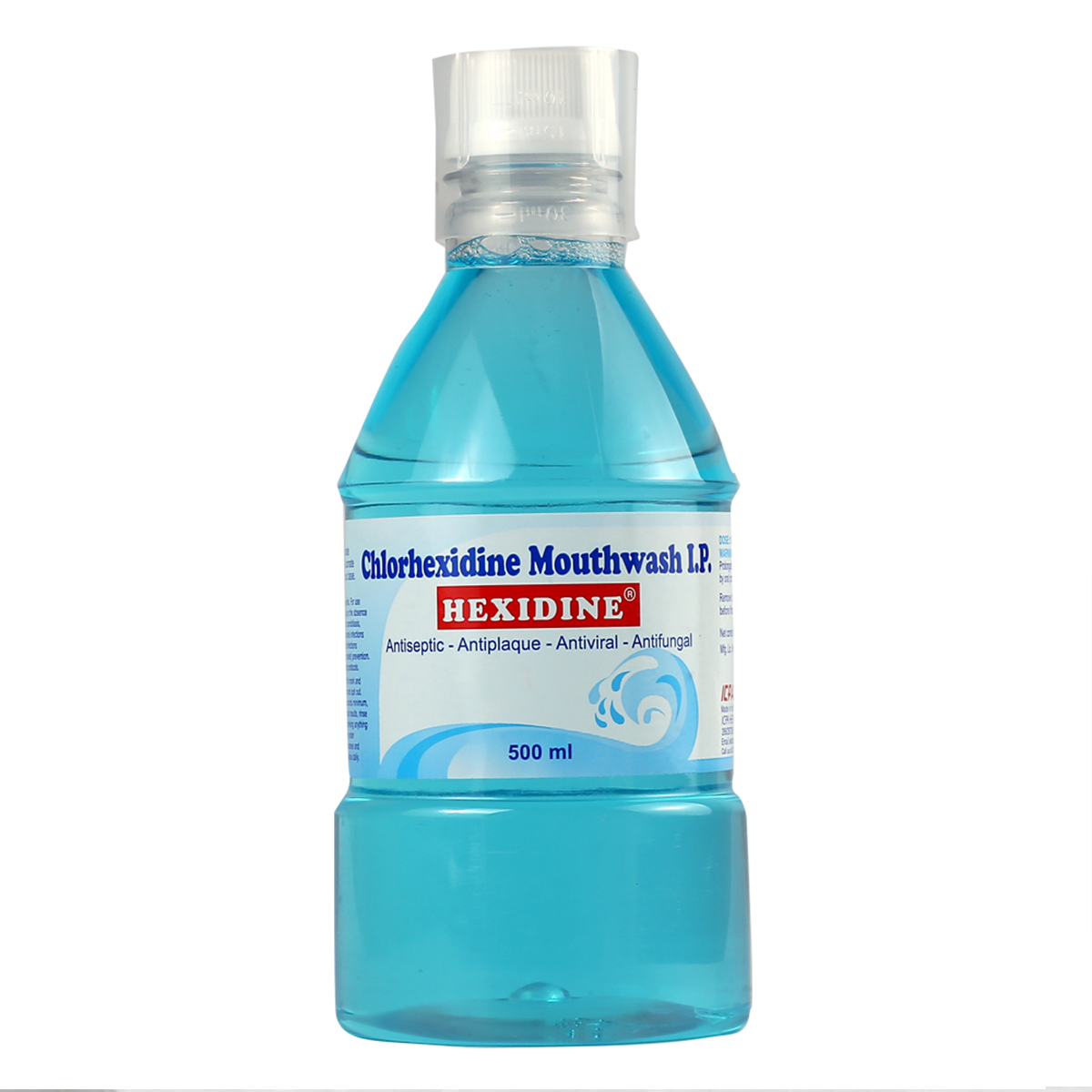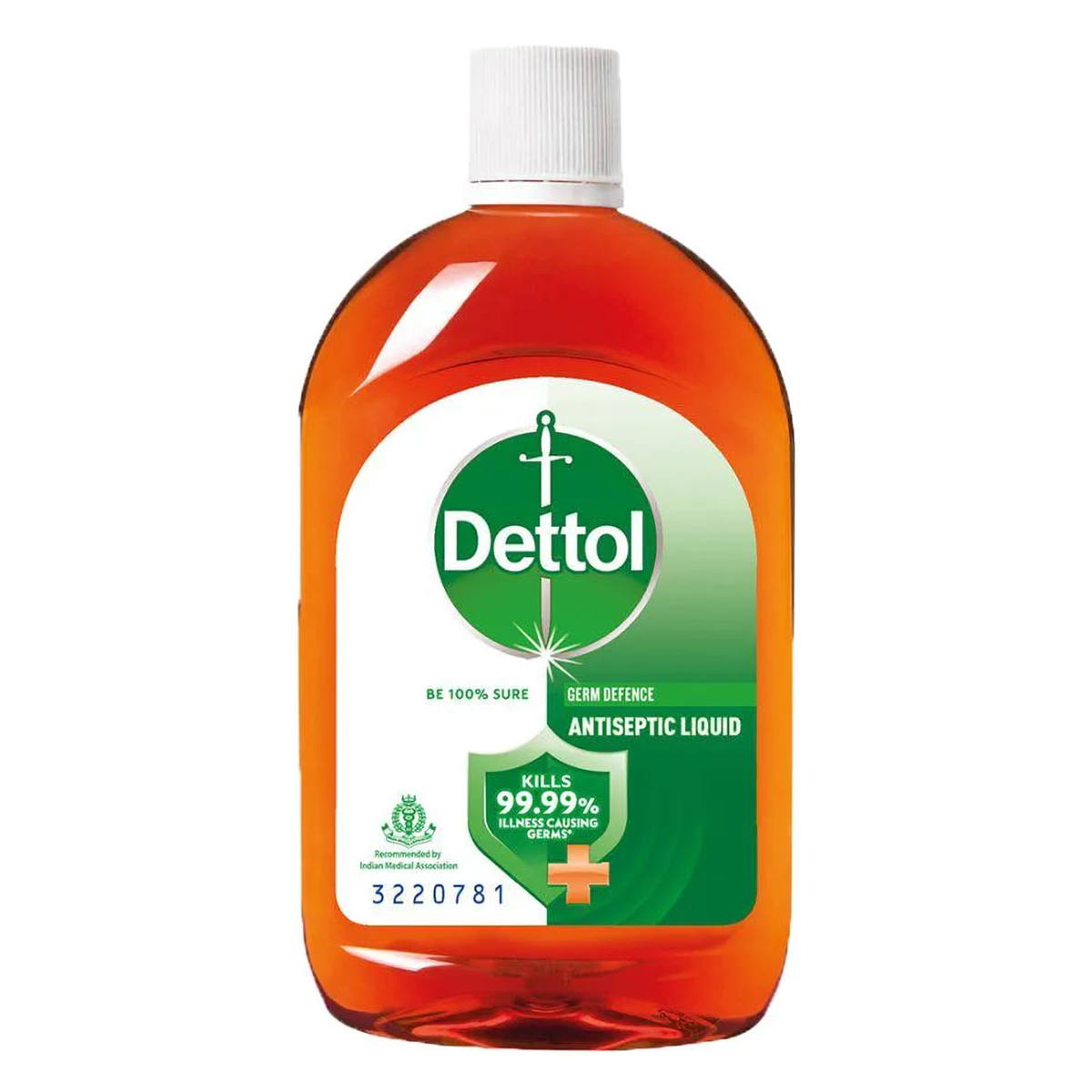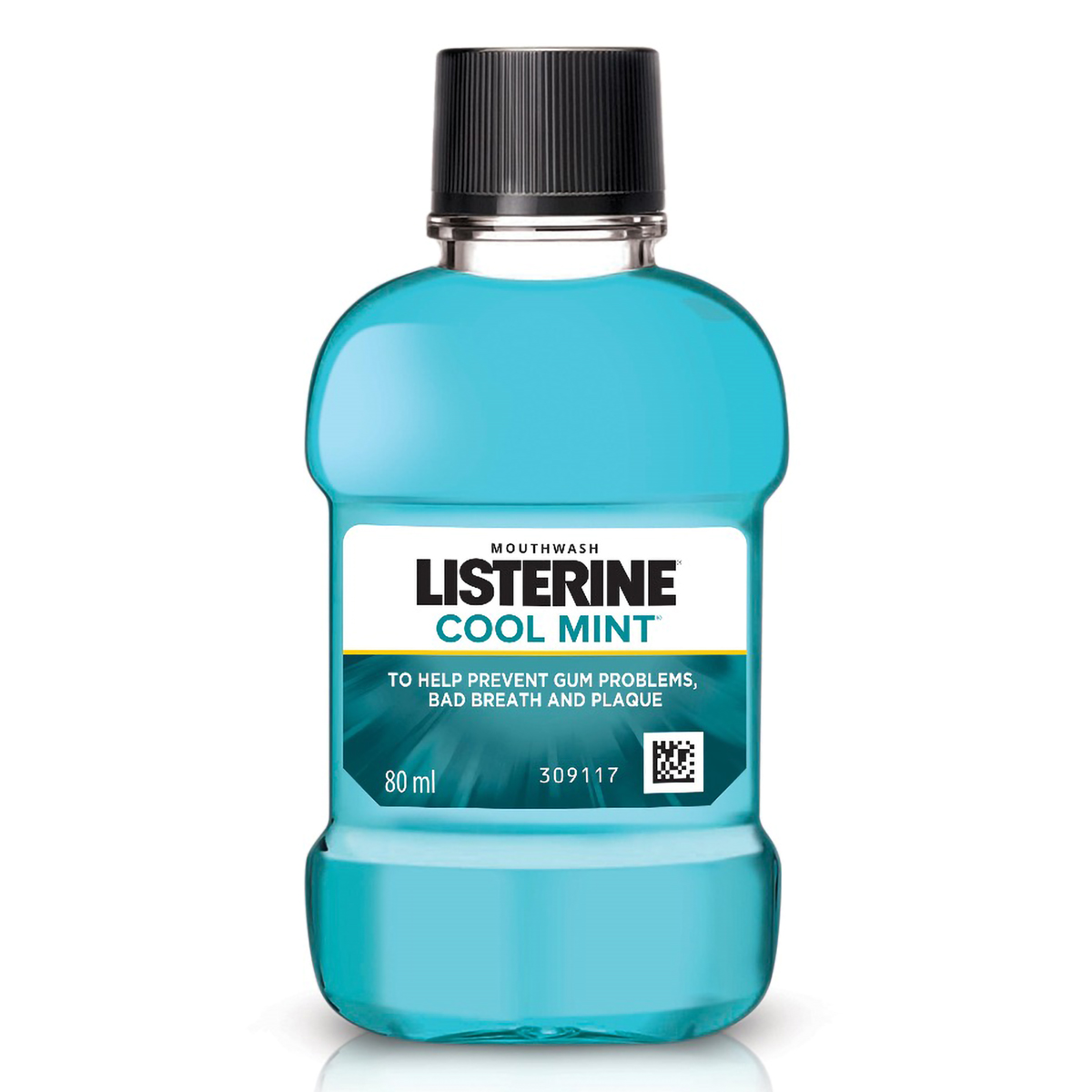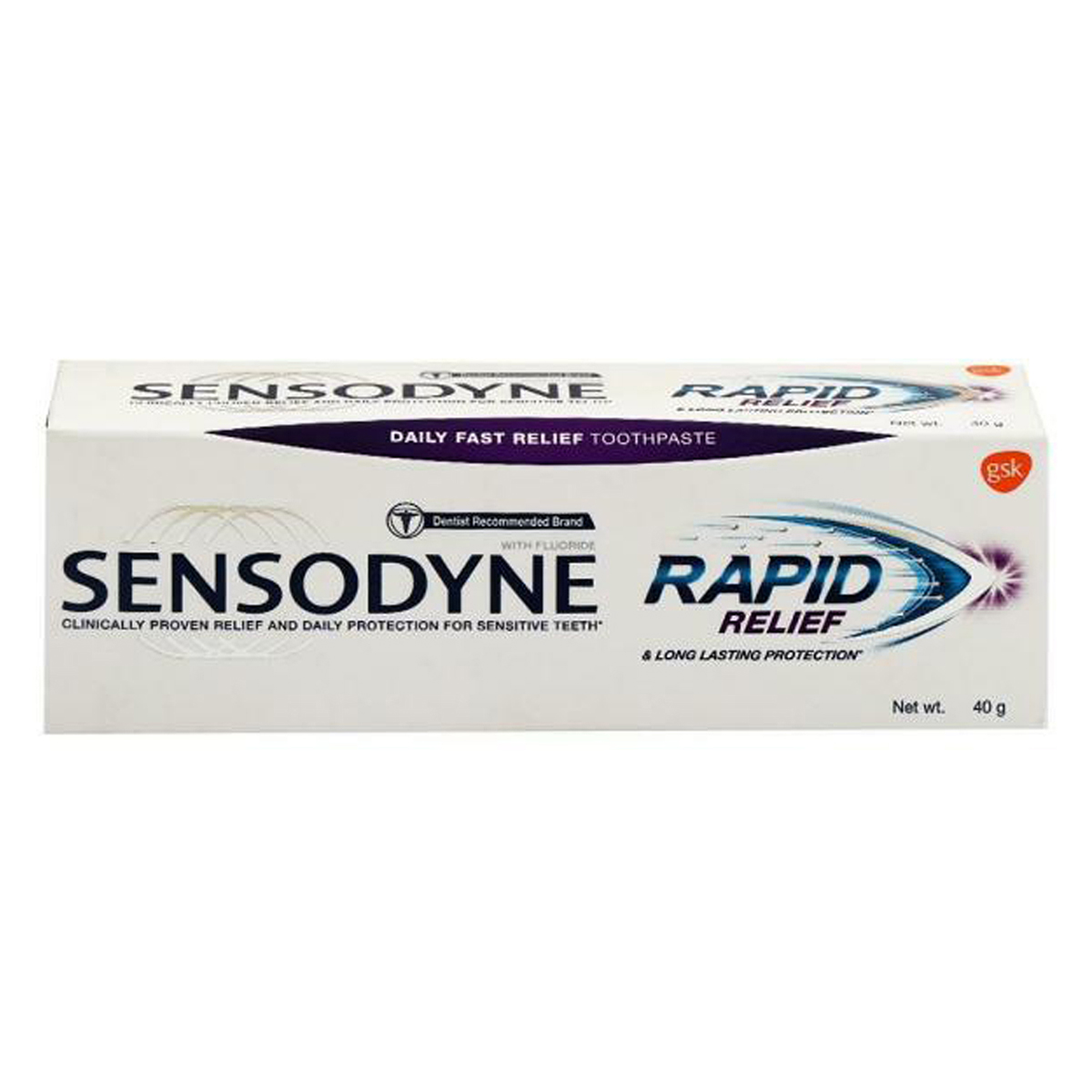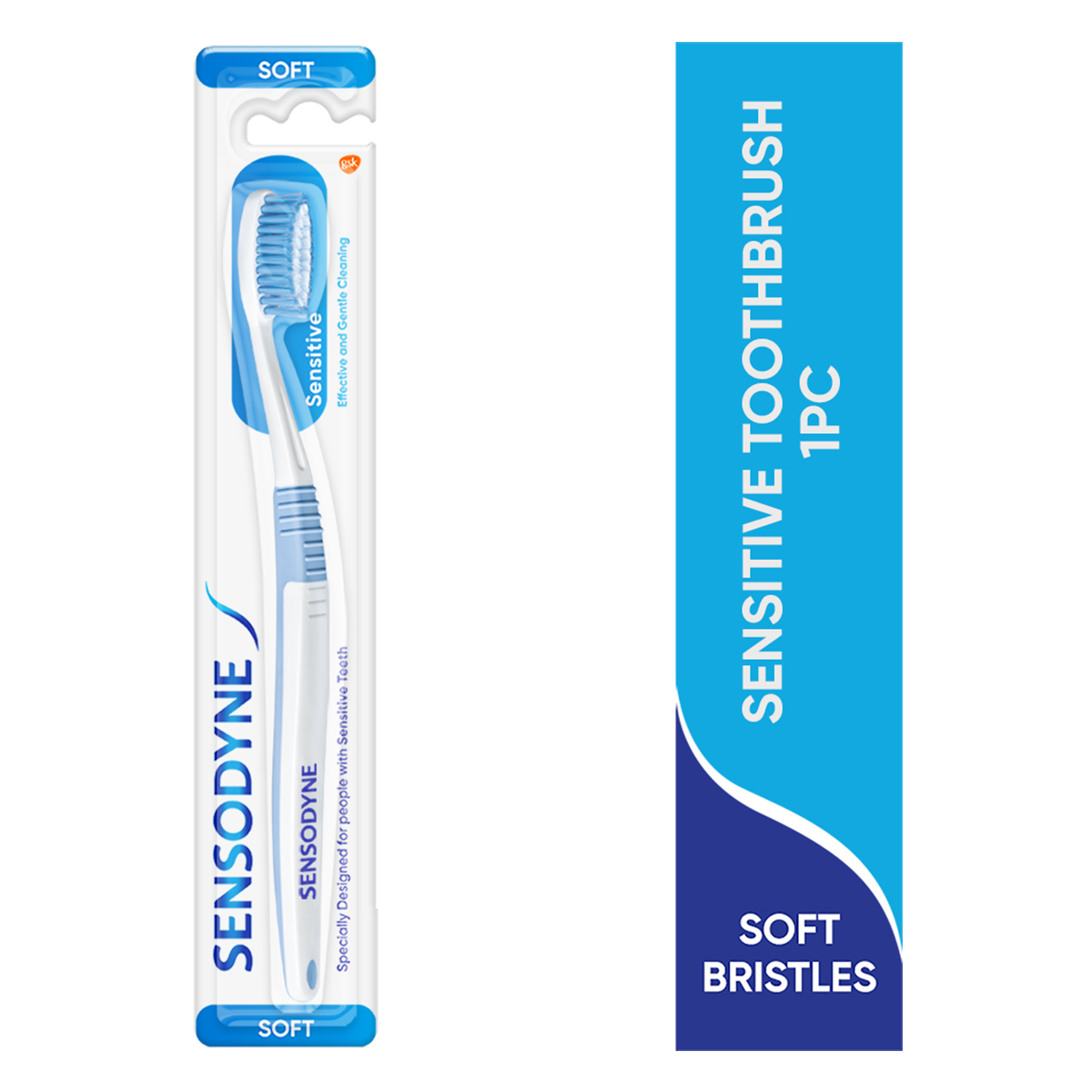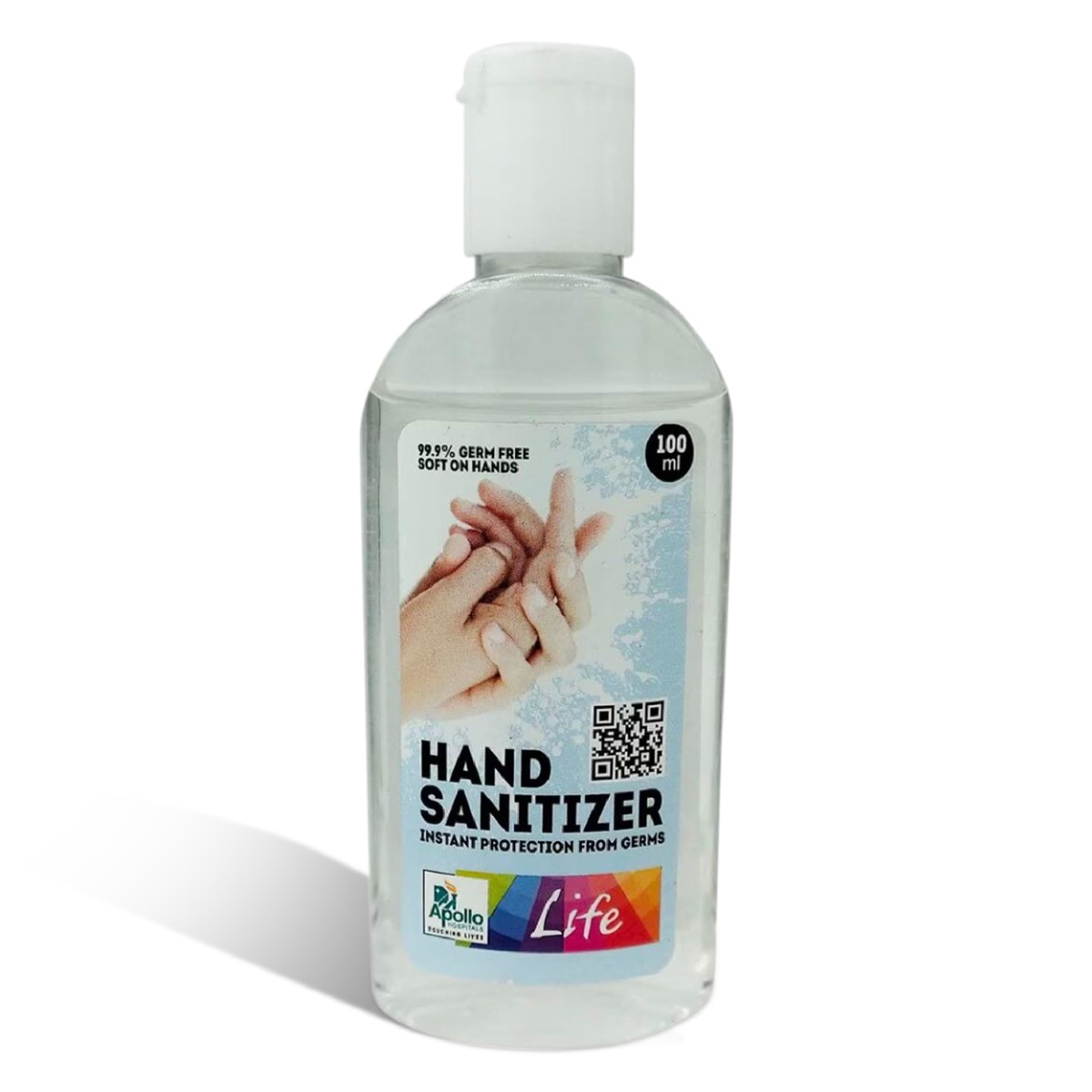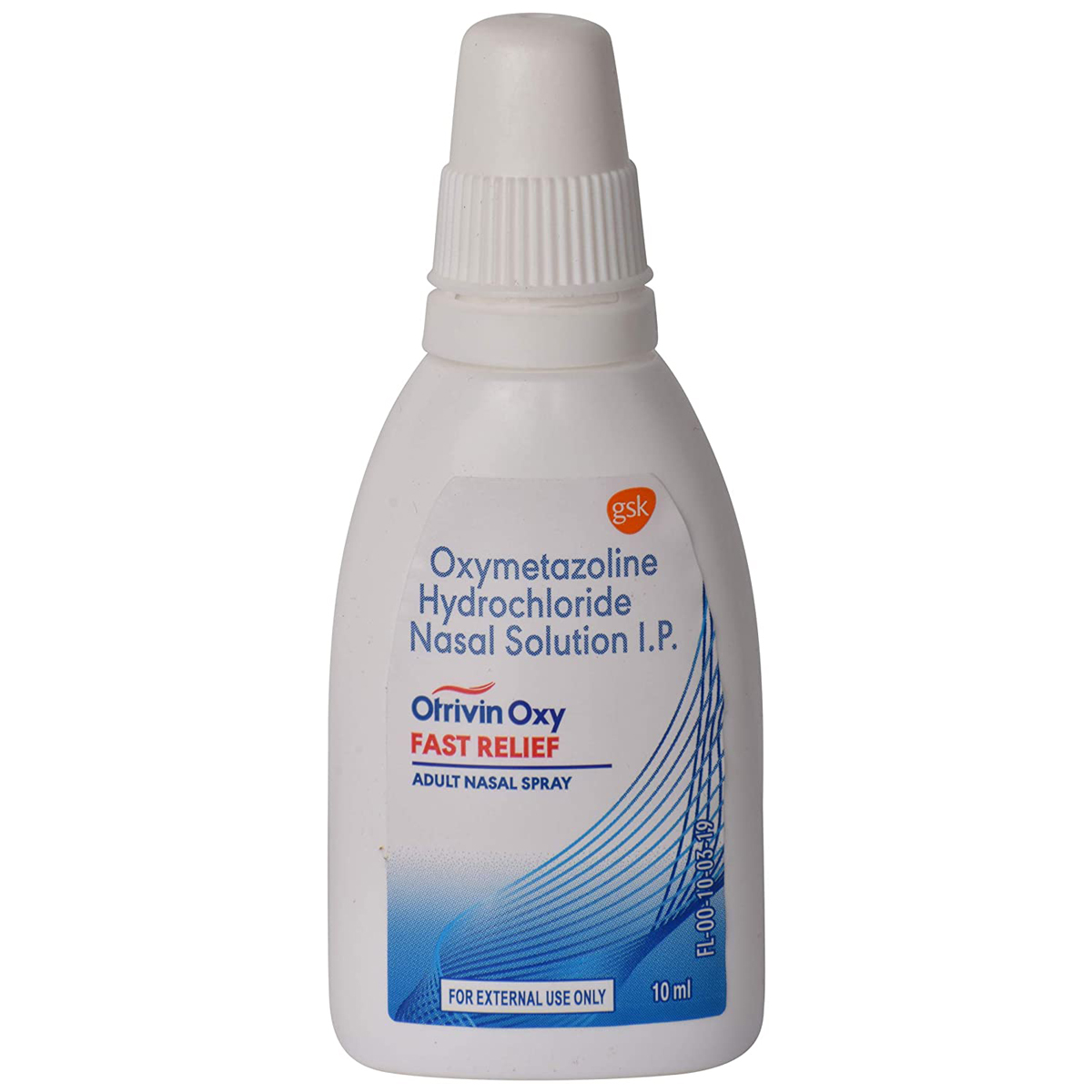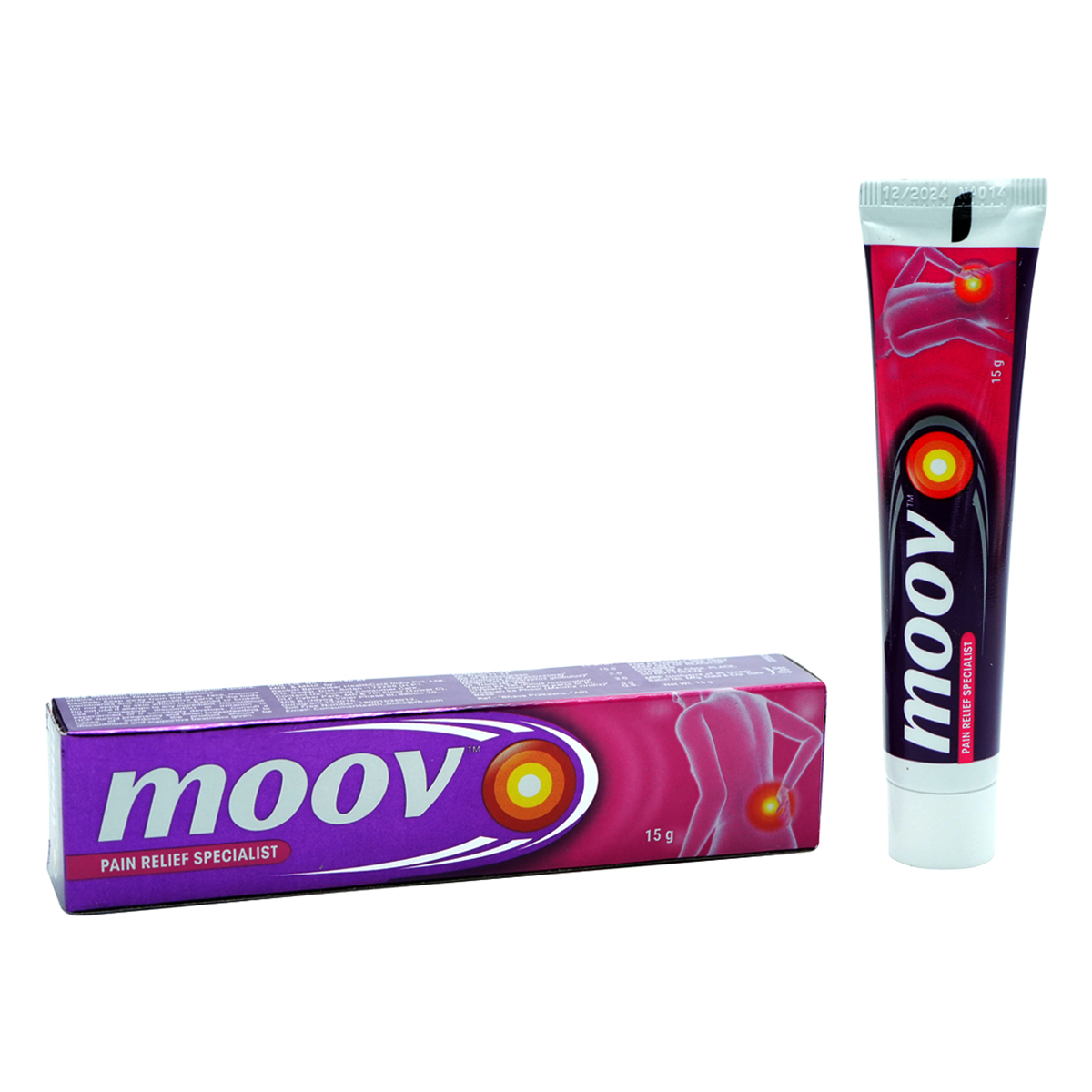Rexidin Mouth Wash
MRP ₹52
(Inclusive of all Taxes)
₹7.8 Cashback (15%)

Available Offers
Therapeutic Class
Author Details
We provide you with authentic, trustworthy and relevant information
Drug-Drug Interactions
Drug-Drug Interactions
Login/Sign Up
Drug-Food Interactions
Drug-Food Interactions
Login/Sign Up
Drug-Diseases Interactions
Drug-Diseases Interactions
Login/Sign Up
Drug Warnings
If you are allergic to any of its constituents, do not use Rexidin Mouth Wash. If you are pregnant or breastfeeding, notify your doctor. Do not give Rexidin Mouth Wash to children unless advised by a doctor. After using Rexidin Mouth Wash, do not drink tea, coffee, or smoke for an hour. Rexidin Mouth Wash may cause staining of teeth, therefore, brush and floss daily. Avoid contact of Rexidin Mouth Wash with eyes and nose. If contact occurs, rinse with water.
Side Effects of Rexidin Mouth Wash
- Irritation
- Unusual or unpleasant taste
- Dry mouth
- Staining of teeth
Directions for Use
Medicinal Benefits Mweb
Key Benefits
Rexidin Mouth Wash is used to treat infections in the mouth, including gingivitis (gum inflammation), dental plaque, denture stomatitis and thrush. Rexidin Mouth Wash works by destroying the bacteria that cause gum disease, tartar, and other illnesses in the mouth. As a result, it aids in the maintenance of proper dental and oral hygiene.
Uses of Rexidin Mouth Wash
About Rexidin Mouth Wash
Rexidin Mouth Wash belongs to the class of medication called oral antiseptic and disinfectant agents used to treat mouth infections, mouth ulcers and gum disease/inflammation (gingivitis). Mouth infections occur due to the overgrowth of bacteria in the mouth. Symptoms include swollen gums, bad breath, teeth sensitivity, and unpleasant taste changes. Gingivitis is a bacterial inflammation of the gums.
Rexidin Mouth Wash contains chlorhexidine gluconate or chlorhexidine (an antiseptic). It works by destroying the bacteria that cause gum disease, tartar, and other illnesses in the mouth. As a result, it aids in the maintenance of proper dental and oral hygiene.
In some cases, Rexidin Mouth Wash may cause common side effects like irritation, unusual or unpleasant taste in your mouth, dry mouth, and staining of teeth. These side effects do not require medical attention and will fade with time. However, you should seek medical attention if these side effects are persistent.
Please do not take Rexidin Mouth Wash if you are allergic to any of its ingredients. Before using Rexidin Mouth Wash, inform your doctor if you are pregnant, intending to become pregnant, or nursing. After using Rexidin Mouth Wash, do not drink tea, coffee, or smoke for at least an hour. To maintain good oral hygiene, try to brush your teeth at least two times a day to avoid any oral infection and its spread.
Online payment accepted
know your delivery time
Provide Delivery Location
Author Details
We provide you with authentic, trustworthy and relevant information
Therapeutic Class
All Substitutes & Brand Comparisons
RX
Out of StockELUDRIL PERIO MOUTHWASH 100ML
Win Medicare Ltd
₹65
(₹0.59/ 1ml)
37% CHEAPERRX
Hexidine Mouth Wash 500 ml
Icpa Health Products Ltd
₹330.5
(₹0.6/ 1ml)
36% CHEAPERRX
Out of StockRexidin Mouth Wash 100 ml
Warren Pharmaceuticals Pvt Ltd
₹68
(₹0.61/ 1ml)
35% CHEAPER
- Inform your doctor about the symptoms you're experiencing due to medication.
- Your doctor may adjust your treatment plan, which could include changing your medication, adding new medications, or offering advice on managing your symptoms.
- Practice good hygiene, including frequent handwashing, avoiding close contact with others, and avoiding sharing utensils or personal items.
- Stay hydrated by drinking plenty of fluids to help loosen and clear mucus from your nose, throat, and airways.
- Get plenty of rest and engage in stress-reducing activities to help your body recover. If your symptoms don't subside or worsen, consult your doctor for further guidance.
- Consult your doctor if you experience symptoms of sinusitis, such as nasal congestion, facial pain, or headaches, which may be triggered by your medication.
- Your doctor may adjust your treatment plan by changing your medication, adding new medications, or providing guidance on managing your sinusitis symptoms.
- Practice good hygiene, including frequent handwashing, avoiding close contact with others, and avoiding sharing utensils or personal items.
- If your doctor advises, you can use nasal decongestants or saline nasal sprays to help relieve nasal congestion and sinus pressure.
- To help your body recover, get plenty of rest, stay hydrated, and engage in stress-reducing activities. If your symptoms persist or worsen, consult your doctor for further guidance.
- Inform your doctor about dry mouth symptoms. They may adjust your medication regimen or prescribe additional medications to manage symptoms.
- Drink plenty of water throughout the day to help keep your mouth moist and alleviate dry mouth symptoms.
- Chew sugar-free gum or candies to increase saliva production and keep your mouth moisturized.
- Use saliva substitutes, such as mouthwashes or sprays, only if your doctor advises them to help moisturize your mouth and alleviate dry mouth symptoms.
- Avoid consuming smoking, alcohol, spicy or acidic foods, and other irritants that may aggravate dry mouth symptoms.
- Schedule regular dental check-ups to keep track of your oral health and handle any dry mouth issues as they arise.

Have a query?
Verified Buyers Reviews
Side Effects
- Altered Or Impaired Sense Of Taste
- Increased plaque buildup on teeth
- Teeth discoloration
- Toothache
- Common Cold
- Inflammation Of Sinuses
- Dry Mouth
Consult you doctor in case you face the following side effects
- Numbness
If any of the above side effects continue or intensify, seek medical advice. Professional guidance may be necessary for appropriate care and treatment adjustments.
Buy best Dentistry products by
Indoco Remedies Ltd
Dr Reddy's Laboratories Ltd
Group Pharmaceuticals Ltd
Icpa Health Products Ltd
Abbott India Ltd
Mankind Pharma Pvt Ltd
Nextgen Healthcare
Vasu Organics Pvt Ltd
Leeford Healthcare Ltd
Morepen Laboratories Ltd
Stedman Pharmaceuticals Pvt Ltd
West Coast Pharmaceuticals Pvt Ltd
Macleods Pharmaceuticals Ltd
Micro Labs Ltd
Sandika Pharmaceuticals Pvt Ltd
Glenmark Pharmaceuticals Ltd
Intas Pharmaceuticals Ltd
J B Chemicals & Pharmaceuticals Ltd
Lupin Ltd
Med Manor Organics Pvt Ltd
Om Biotec
Pharmadent Remedies Pvt Ltd
Qualimed Bioscience
Wings Pharmacuticals Pvt Ltd
Across Laboratories Pvt Ltd
Agrawal Drugs Pvt Ltd
Anchal Life Science Pvt Ltd
Aureate Healthcare
Biozinik Healthcare Pvt Ltd
Chem Med Pharmaceuticals
Cipla Ltd
Dentigrity Formulations Llp
Elder Pharmaceuticals Ltd
Entod Pharmaceuticals Ltd
Fortel Life Sciences
Frimline Pvt Ltd
Galpha Laboratories Ltd
Global Dent Aids Pvt Ltd
Idem Health Products Pvt Ltd
Ipca Health Products Ltd
Ipca Laboratories Ltd
Lincoln Pharmaceuticals Ltd
Medishri Healthcare Pvt Ltd
Purexa Global Pvt Ltd
Raptakos Brett & Co Ltd
Sky Ora Care
Somatico Pharmaceuticals Ltd
Stanbac Life Sciences
Wockhardt Ltd
Aimcad Biotech Pvt Ltd
Ajanta Pharma Ltd
Alkem Laboratories Ltd
Apex Laboratories Pvt Ltd
Atopic laboratories Pvt Ltd
Ben Hadded Pharma Pvt Ltd
Bennet Pharmaceuticals Ltd
Cubit Healthcare
Daris Biocare
Dey's Medical Stores (Mfg) Ltd
Dupen Laboratories Pvt Ltd
Dwd Pharmaceuticals Ltd
Elder Projects Ltd
Fitwel Pharmaceuticals
Fourrts India Laboratories Pvt Ltd
Geno Pharmaceuticals Pvt Ltd
Graciera Pharmaceuticals Llp
Icpa Lab
Jupiter Pharmaceuticals Ltd
Karvia Laboratories Pvt Ltd
Magnum Life Sciences Pvt Ltd
Makshi Healthcare Pvt Ltd
Nexgen Healthcare Pvt Ltd
NuLife Pharmaceuticals
Panacea Biotec Ltd
Pariza Healthcare
Smart Laboratories Pvt Ltd
Suncare Formulations Pvt Ltd
Symbiosis Pharmaceuticals Pvt Ltd
U & V Cancure Pvt Ltd
Unimarck Pharma India Ltd
Unison Pharmaceuticals Pvt Ltd
Wafture Healthcare Pvt Ltd
Wembrace Biopharma Pvt Ltd
Win Medicare Ltd
Yash Pharma Laboratories Pvt Ltd
Zeelab Pharmacy Pvt Ltd
3M India Ltd
Acinom Healthcare
Admac Lifesciences(Oncology)
Adonis Laboratories Pvt Ltd
Aggarwal Chemical Works
Agim Scientific
Aksigen Hospital Care
Akumentis Healthcare Ltd
Alde Medi Impex Ltd
Alisier Drugs Pvt Ltd
Allenge India Pharma
Alniche Life Sciences Pvt Ltd
Alpinia Biopharma Pvt Ltd
American Biocare
Customers Also Bought



_0.jpg?tr=q-85)


